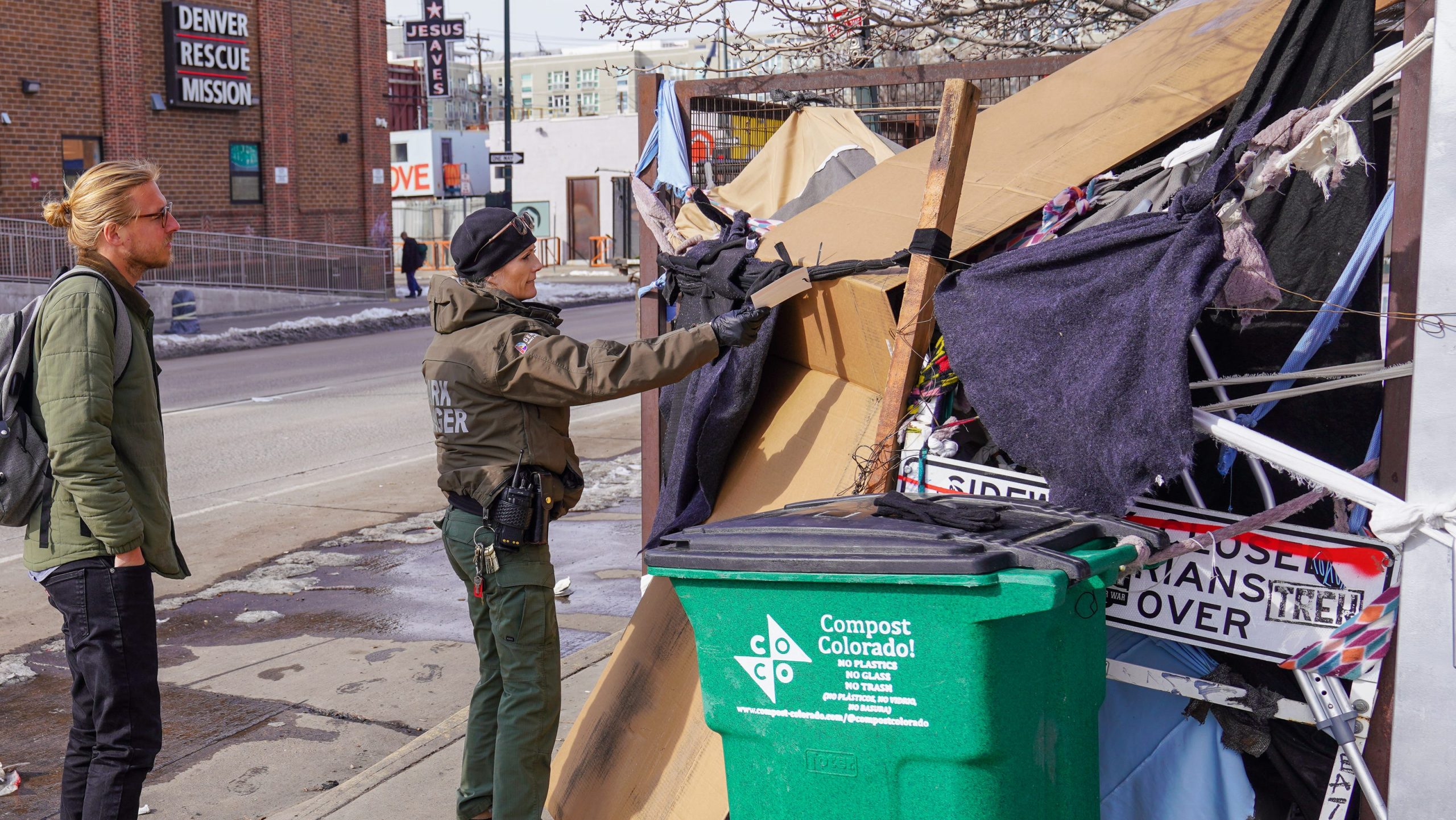The United States is on the brink of a significant overhaul in its approach to homelessness, as a new executive order from the Trump Administration signals a stark departure from long-standing strategies. This decisive shift aims to address the persistent issue of visible homelessness, particularly in urban centers, by introducing stringent new measures that prioritize mandatory interventions over established housing-first initiatives. The policy sparks immediate debate, with proponents arguing for increased public safety and order, while critics express profound concerns about its potential impact on vulnerable populations.
Fueled by observations of encampments near the White House and across national streets, the former president has long vocalized dissatisfaction with the prevailing methods of managing the nation’s unhoused. His July 24 order asserts that federal funding recipients must align with a tough new stance, contending that “surrendering our cities and citizens to disorder and fear is neither compassionate to the homeless nor other citizens.” This perspective underscores a belief that past programs, despite significant expenditure, have failed to tackle the core issues of homelessness, leaving communities vulnerable to related public safety threats.
A cornerstone of this controversial Homelessness Policy is the call for expanded “involuntary commitment,” a process allowing mental health professionals to forcibly detain and treat individuals against their will for drug or mental health challenges. This measure directly contrasts with prevailing wisdom in the field. The order also mandates significant new data collection, aiming to track individuals receiving services and provide the government with comprehensive insights into who has accessed help and where.
However, seasoned social workers, medical experts, and Mental Health Care providers are sounding the alarm, warning that the Trump Administration’s new approach is likely to exacerbate the nationwide housing crisis rather than alleviate it. A key criticism highlights the absence of new funding mechanisms within the executive order to support the very drug treatment and mental health services it purports to mandate. Experts argue this oversight could severely strain existing social services reform efforts and lead to more individuals on the streets.
In stark contrast to the new directive, studies consistently demonstrate that the “housing first” model remains significantly more effective and considerably cheaper than involuntary detention. This evidence-based approach prioritizes providing stable housing as the initial step, followed by comprehensive support services. For example, a Colorado study found that community-based mental health providers utilizing this model saved taxpayers thousands annually per person and achieved a 77% housing retention rate over three years.
Advocates suggest that the former president’s emphasis on encampments reflects a perspective rooted in his background as a developer, potentially overlooking the systemic issues that contribute to the Housing Crisis. They argue that the fundamental problems lie in the high costs of rent, stagnant wages for low-income workers, and a severe lack of affordable counseling and Drug Treatment for unemployed individuals, issues that current taxpayer contributions are insufficient to resolve.
Ultimately, the implementation of this new Homelessness Policy faces significant hurdles. With no clear funding or immediate mechanisms in place, providers anticipate an increased burden on an already stretched system, potentially forcing more expensive inpatient hospitalizations for individuals who might not genuinely require them. The debate continues whether this drastic shift will genuinely address the complex challenge of homelessness or, as many experts fear, inadvertently worsen it across the United United States, further deepening the societal divide.






Leave a Reply